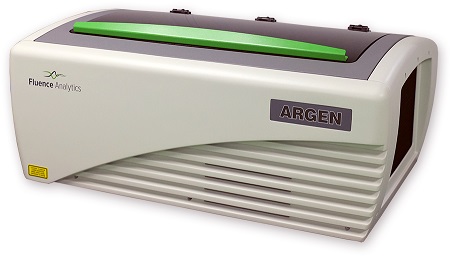Innovations in Biopharmaceutical Formulation Development

Scientists involved in biopharmaceutical research face several key challenges during the development of therapeutic proteins, peptides and RNA. Let’s take a deeper dive and explore some of the key challenges and innovations in biopharmaceutical formulation development.
Stability and Solubility: Solubility is a key property for the successful development of all classes of therapeutic biopolymers. Exposure to stressors related to mechanical stirring or changes in buffer conditions may result in destabilization and irreversible aggregation or degradation. Techniques that enable in-situ and real-time monitoring of solution stability under varying conditions can permit proper vetting and provide key insights into optimizing and expediting development.
Drug Delivery Systems: Efficient and stable delivery systems are critical, particularly for RNA-based therapies due to the propensity for degradation. Instruments capable of modeling bioprocessing stresses related to temperature or shear stress provide robust insights into optimizing solution conditions required to maintain stability.
Scalability: Upscaling without compromising activity or purity is often challenging. Technologies that permit the analysis of multiple samples in parallel can accelerate the scaling process, enabling rapid screening and optimization of formulations to ensure scalability.
Regulatory Compliance: Ensuring compliance with global regulatory requirements for safety, efficacy, and quality is critical and often requires extensive testing and documentation. Tools that enhance the understanding of solution behavior under varying conditions and provide comprehensive stability landscapes can support these efforts, easing the burden of compliance.
Immunogenicity: The instabilities of protein, peptide and RNA therapeutics may result in immunogenicity. Advanced analytical tools which provide insights into propensities for aggregation or degradation can mitigate such instabilities.
Investing in technologies that offer advanced analytical capabilities, such as in-situ and real-time stability monitoring under various stressors and rapid parallel analysis, is essential for addressing these challenges. These tools not only improve the efficiency of formulation development but also enhance the ability to meet regulatory standards and manage scalability and immunogenicity issues effectively.

ARGEN is a versatile SLS instrument designed for in situ and real-time stability and viability assessments of all classes of biologics. ARGEN is patented on the principle of simultaneous multiple sample light scattering (SMSLS), permitting the analysis of up to 16 samples in parallel. Each sample cell has dedicated optics enabling autonomous operation and independent experimental parameter control (temperature, stirring rate) on each sample to provide a comprehensive stability landscape for all classes of biologics. Some of ARGEN’s features include:
In-situ and Real-time Stability Monitoring: Solution stability under varying stress conditions is the threshold for successful biologic development. ARGEN permits in situ and real-time stability monitoring for all classes of biologics which allows for quick vetting and optimization of solution conditions to enhance solubility and stability.
Kinetics of Oligomeric State Transitions: ARGEN is sensitive to changes in molecular weight and permits monitoring of oligomeric state transitions (aggregation) and degradation, making it ideal for rapid vetting and ranking of formulation stability.
Modeling of Bioprocessing Stress: Perturbations resulting from stirring stress encountered during bioprocessing can induce instability and subsequent aggregation. The ability to monitor stability under stirring stress is a unique feature to ARGEN that helps expedite formulation development efforts.
Parallel Analysis: ARGEN’s ability to analyze multiple samples in parallel under a variety of conditions significantly accelerates the development process. This feature is aligned with higher throughput screening methodologies, enabling rapid screening and optimization of formulations.
Low Temperature Stability Assessment (Shelf-life): Establishing shelf-life is critical for all biologic formulations to ensure safety and efficacy. ARGEN can monitor temporal stability at low temperatures (down to 3°C) for extended periods of time. Monitoring multiple samples in parallel permits the optimization of concentration and buffer conditions for storage.
The integration of technologies like ARGEN into biopharmaceutical formulation development not only addresses specific technical challenges but also pushes the boundaries of what can be achieved in the development of new therapies. By enhancing the stability, scalability, and regulatory compliance of formulations, ARGEN and similar technologies are crucial for advancing the field and bringing new, effective, and safe therapies to market more efficiently.
Connect with Yokogawa Fluence Analytics Today!

